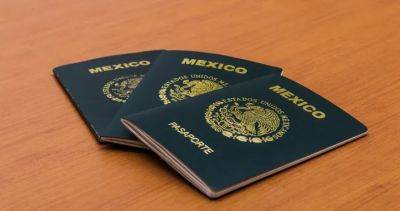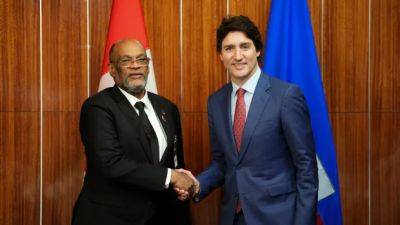Police need warrants for Canadians’ IP addresses: top court
The Supreme Court of Canada ruled Friday that police must obtain a warrant before requesting a Canadians’ internet protocol address in a significant victory for privacy advocates.
In a 5-4 ruling, the Supreme Court asserted that Canadians have Charter-protected privacy rights when it comes to cops requesting information about their online activities.
“Personal privacy is vital to individual dignity, autonomy, and personal growth. Its protection is a basic prerequisite to the flourishing of a free and healthy democracy,” the majority ruling read.
“The Internet requires that users reveal subscriber information to their ISP to participate in this new public square, and Canadians are not required to become digital recluses in order to maintain some semblance of privacy in their lives.”
At issue was a 2017 investigation by the Calgary police into fraudulent online purchases from a liquor store.
Police went to the liquor store’s payment processing company, Moneris, and requested internet protocol (IP) addresses related to the purchases. They did not get a warrant.
Moneris handed over two IP addresses used for the transactions, which the police used to obtain a court order requiring an internet service provider to turn over the names and addresses associated with the IP addresses.
That led to a search of Andrei Bykovets’ residence, and to Bykovet’s arrest on charges of possessing other peoples’ credit cards and identification documents. Bykovet challenged the cops’ right to obtain his IP address from Moneris, arguing it violated his Charter rights against unreasonable search and seizure.
Both the trial judge and the Alberta Court of Appeal ruled that Canadians had no reasonable expectation of privacy for their IP address. The Supreme







